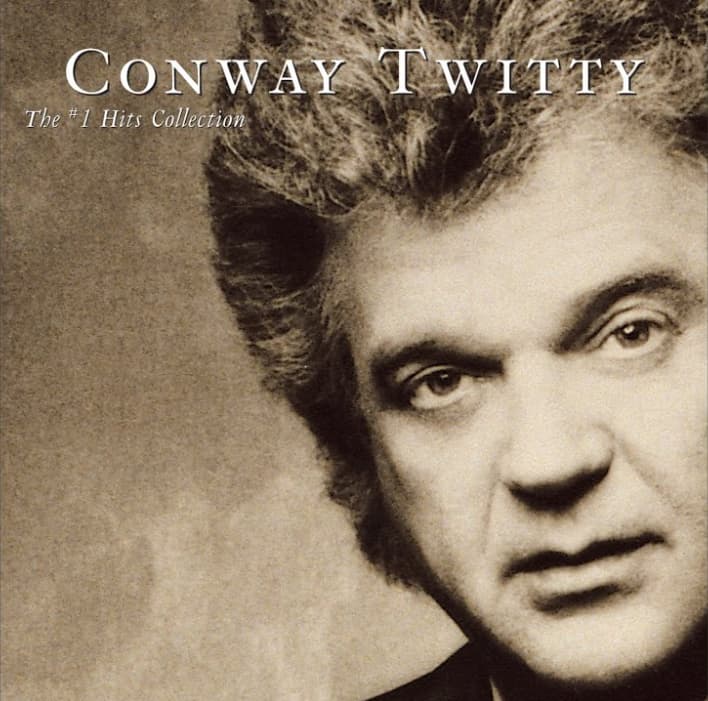
When a broken heart finds a new hope in the shadows of a honky-tonk.
For many, the name Conway Twitty immediately conjures images of a charismatic showman with that signature swoon, delivering heart-stopping love songs that made a generation of fans feel seen and understood. But before he became the “High Priest of Country Music,” Conway Twitty was known as Harold Lloyd Jenkins, a rock and roll star who had already topped the pop charts with his smash hit “It’s Only Make Believe.” He had tasted mainstream success, but his heart always belonged to country music. The transition wasn’t an easy one; some radio stations, skeptical of a rock star’s turn to country, initially refused to play his new songs. However, the sheer talent and undeniable authenticity of his music slowly but surely won them over.
His true breakthrough came in 1968 with a song that would forever cement his place in country music history: “Next in Line.” This wasn’t just another hit; it was his very first number one on the Billboard Hot Country Songs chart. It was the moment the ice broke, and it kicked off one of the most incredible runs of chart-topping hits the genre has ever seen, paving the way for over 40 subsequent number one hits. The song, a masterful piece of storytelling penned by Wayne Kemp and Curtis Wayne, is a poignant tale of unrequited love and patient hope. It’s a snapshot of a moment in time, played out in the smoky, whiskey-soaked glow of a bar.
The narrator isn’t the one getting the girl; he’s the one watching from the sidelines, an observer to someone else’s heartbreak. The song’s power lies in its simplicity and raw, relatable emotion. It speaks to anyone who has ever been “the friend,” the one offering a shoulder to cry on, the one silently waiting for a chance while the one they love is lost in their own sorrows. The lyrics paint a vivid picture: he’s at the jukebox, carefully selecting a sad song for the woman he adores, who is drowning her sadness in alcohol. He keeps feeding the jukebox, not just to keep the music playing, but to keep her from having to face the reality of her breakup. He’s a silent guardian, a hopeful admirer, and he’s patiently waiting for her to “give up the music and the wine” so she can finally see him.
The song’s success was a testament to the fact that people recognized the realness in Conway Twitty‘s delivery. He didn’t just sing the words; he embodied the quiet desperation and tender hope of the man in the song. It was this emotional depth and heartfelt performance that resonated with listeners, proving that he was more than just a pop star trying to cross over. He was a country singer through and through, with a soul that could capture the most complex human emotions in a three-minute song. “Next in Line” wasn’t just a song; it was a promise of what was to come, the first chapter in a legendary career that would forever be etched in the annals of country music.